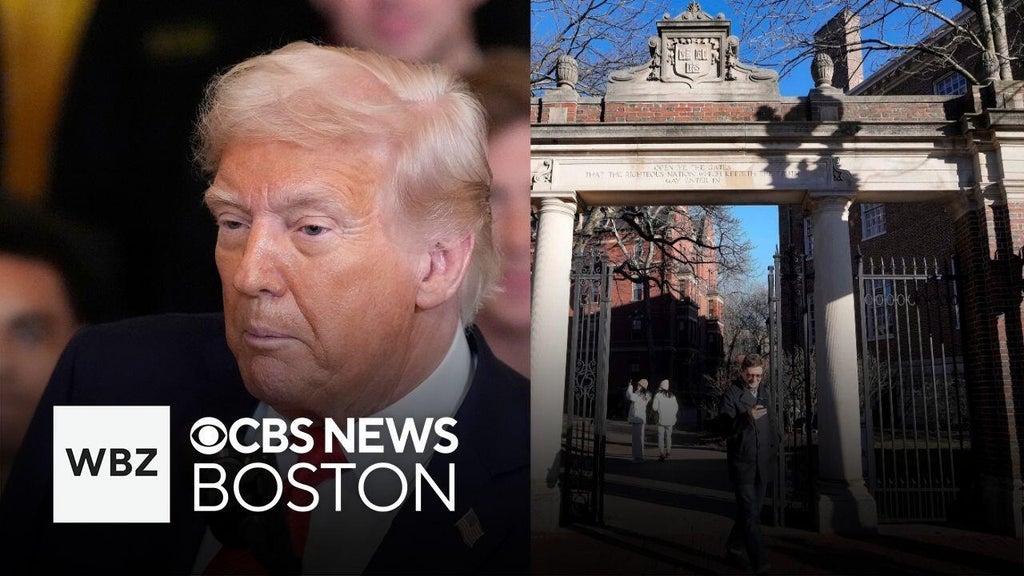Harvard University confronts significant challenges as a $2.2 billion grant freeze takes effect, with insights from former Dean Jeffrey Flier. The Trump administration’s decision raises concerns about the impact on the institution’s future.
Trump administration freezes Harvard grants: Analysis

Key Takeaways:
- The Trump administration has frozen $2.2 billion in grants intended for Harvard University.
- Professor Jeffrey Flier, former Dean of Harvard Medical School, discusses the potential impact.
- The funding freeze poses significant financial challenges for the university.
- Harvard’s research and academic programs may be affected by the loss of funding.
- Understanding these implications is crucial for stakeholders in the education sector.
Trump Administration Halts Harvard Grants
Harvard University is facing significant financial challenges following the Trump administration’s decision to freeze $2.2 billion in federal grants intended for the institution. This unexpected move has sparked discussions about the potential impact on the university’s operations and future.
Immediate Implications for Harvard
The freezing of such a substantial amount poses immediate concerns for Harvard’s financial health. Federal grants play a crucial role in supporting the university’s research initiatives, scholarships, and infrastructure projects. With $2.2 billion now inaccessible, Harvard must assess how to navigate this financial obstacle.
Insights from Former Dean Jeffrey Flier
Professor Jeffrey Flier, the former Dean of Harvard Medical School, has provided his perspective on the situation. He discusses the significant challenges the funding freeze presents and its possible effects on the university’s capabilities. Professor Flier’s analysis sheds light on the seriousness of the freeze and what it could mean for Harvard’s community.
Potential Effects on Research and Programs
The grant freeze could have far-reaching consequences on Harvard’s research endeavors and academic programs. Projects dependent on federal funding may face delays or cancellations, and the university might need to reallocate resources to continue essential work. Students and faculty involved in these projects could also be directly impacted.
Looking Ahead
As Harvard confronts this funding crisis, the institution will need to explore alternative solutions to mitigate the impact. This situation highlights the vulnerability of educational institutions to policy changes and emphasizes the importance of financial preparedness. Stakeholders within Harvard and the broader educational community will be closely monitoring developments as they unfold.
Your goal is to maintain the integrity of the original information while improving its presentation for TIME Magazine’s audience. Do not include any information that is not explicitly stated in or directly implied by the original news feed content.











